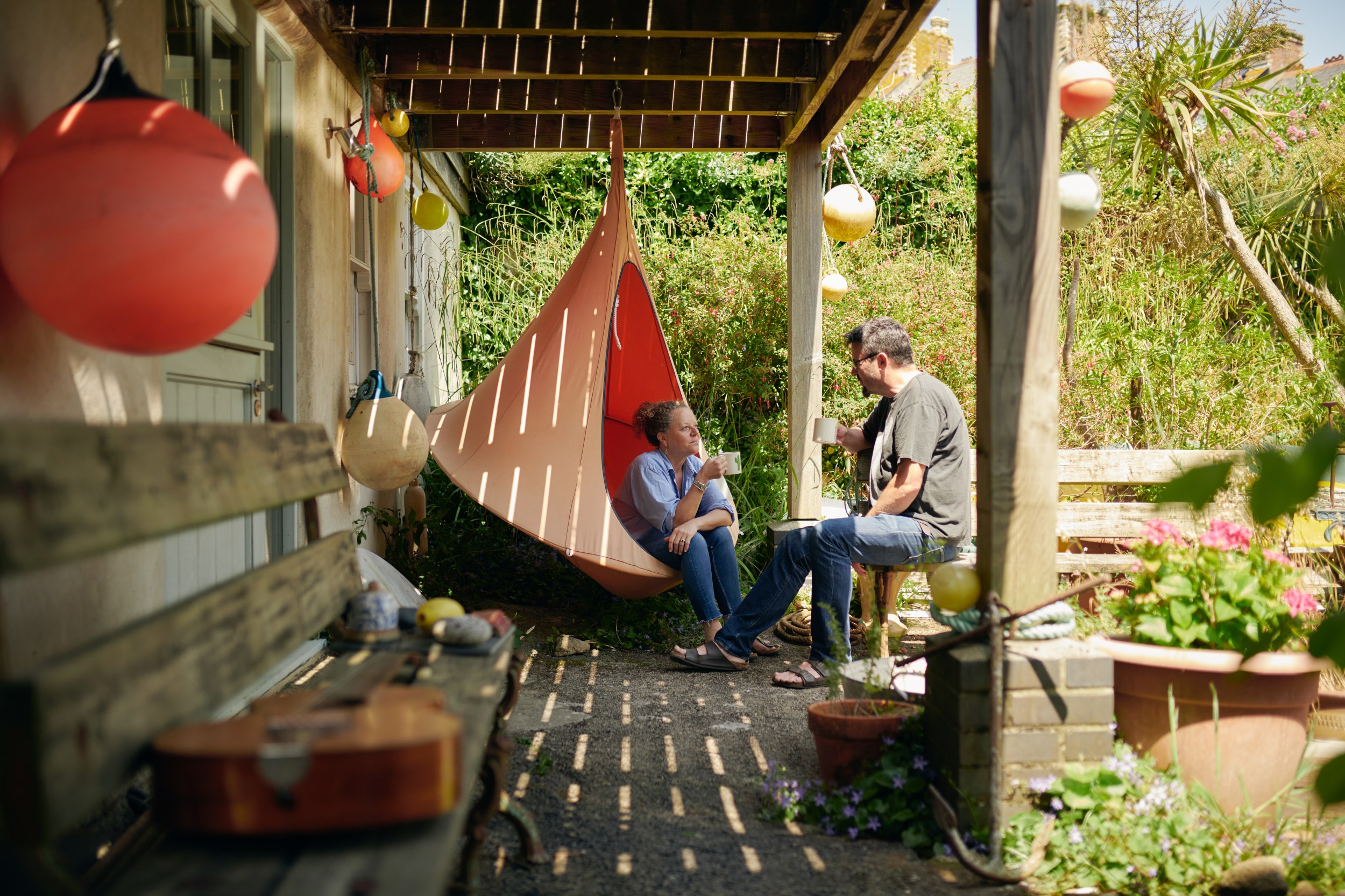Europeans turn to hosting as cost of living rises
Key Takeaways
- New EU Hosts who welcomed their first guest in 2022 have collectively earned more than €270 million.
- Half of new EU listings received a booking within two days of activation, three-quarters within eight days.

Key Takeaways
- New EU Hosts who welcomed their first guest in 2022 have collectively earned more than €270 million.
- Half of new EU listings received a booking within two days of activation, three-quarters within eight days.
Airbnb started in 2008 during the Great Recession to help people afford their homes. Today, as households across the EU battle a cost of living crisis, we are sharing new data on the income that hosting is generating for new Hosts across the EU.
New data shared today shows EU Hosts who welcomed their first guest in H1 2022 have already earned more than €270 million1. As guests seek affordable travel options across the EU, Hosts have not had to wait long to generate an income from their home – half of new EU listings in Q2 2022 received a booking within just two days of being active on the platform, and three-quarters received a booking within eight days2.
More than 40 percent of EU Hosts say they share their homes to help afford rising living costs3 with the typical EU Host earning just over €3,000 in 2021 – an increase of 18 percent compared to 2019 and equivalent to two months’ additional pay for the median EU household.
EU Hosts have welcomed more guests on Airbnb than any other region in the world and have collectively earned more than €43 billion by renting their homes on Airbnb4. The vast majority of EU Hosts have just one listing and many are located outside of urban centers which helps spread tourism benefits to local families and communities.
Based on a survey of EU Hosts, nearly one in five said they or someone in their household work in either education or healthcare. More than half who self-report their gender are women, over a half are in full or part-time employment, and over a quarter are retirees5.
“Hosting is an economic lifeline for many everyday Europeans that helps them afford rising inflation and living costs – but burdensome local rules mean many others are shut out from the opportunity. We hope the EU will use the forthcoming STR initiative to help give more EU citizens the option to share their homes to boost their income, while giving governments the tools they need to clamp down on speculators and overtourism.”
Georgina Browes, Head of EU Policy at Airbnb
Fragmented rules that are often designed with large-scale tourism operators in mind mean many EU citizens are not able to share their homes. The European Commission is currently drafting proposals for new harmonized EU-wide rules, and Airbnb has put forward its vision on how to unlock the benefits of hosting for millions of everyday Europeans while giving governments the tools they need to clamp down on speculators and tackle overtourism.
The EU short term rental initiative consultation received over 5,500 responses, 80 percent of which were from EU citizens, including short-term rental hosts struggling with disproportionate local rules.
Airbnb’s proposals are set out in our EU Host Action Plan, which Airbnb launched in December in response to the EU’s consultation.